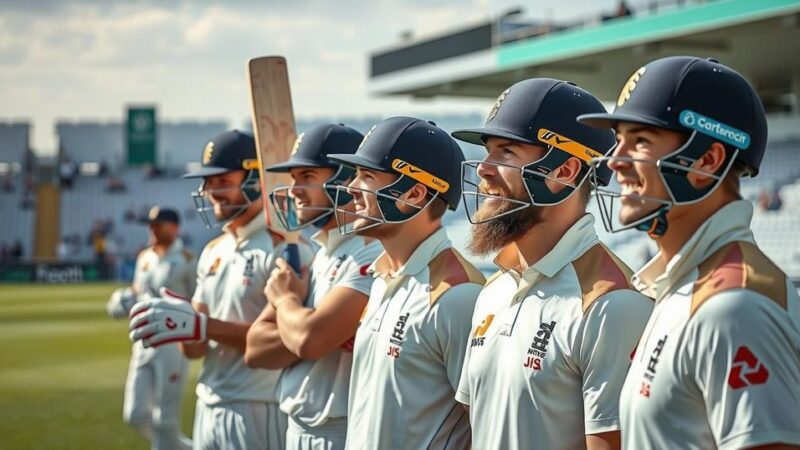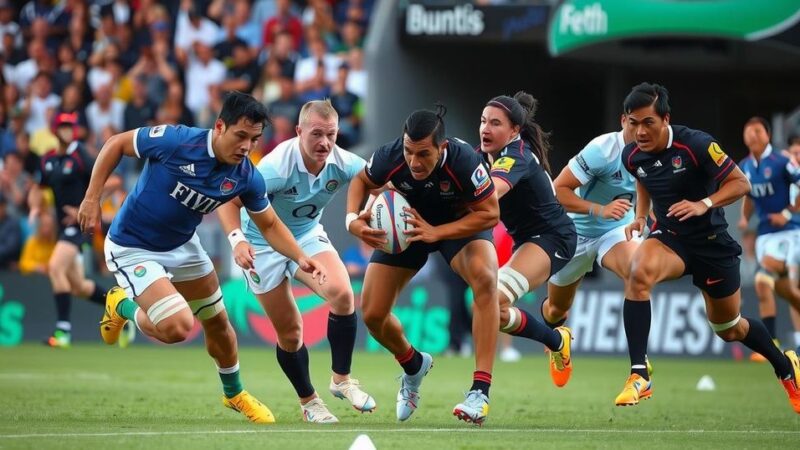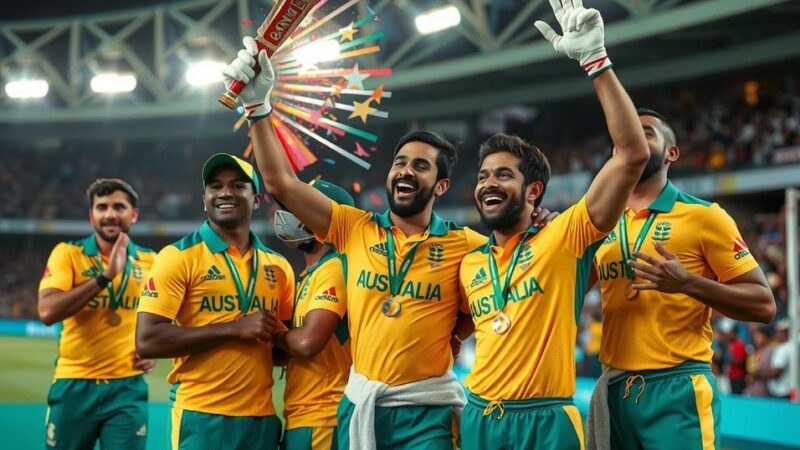South Africa’s triumphant 48-7 victory over Argentina highlights their dominance in rugby, showcasing a powerful blend of traditional strength and modern precision. Under Rassie Erasmus’s guidance, the Springboks have captured every major trophy available, raising pertinent comparisons to the legendary All Blacks. Despite a dip in form after halftime, their overall performance underscores their potential for continued success on the world stage.
In a display of rugby prowess, South Africa has solidified their status as a dominant force in the sport, capturing all major trophies available to southern-hemisphere teams, including two World Cups, a British & Irish Lions series, and the Rugby Championship. This achievement prompts a compelling comparison to the illustrious All Blacks of Richie McCaw and Dan Carter. Under the stewardship of Rassie Erasmus, South Africa’s evolution as a team is noteworthy, illustrating their potential for further success. The Springboks’ recent triumph over Argentina, evidenced by a resounding 48-7 scoreline, showcased the characteristics of a typical Springbok victory. The team’s scrummaging prowess was particularly evident as Ox Nché wreaked havoc on the Argentine pack, contributing significantly to a string of first-half penalties. Eben Etzebeth, with a remarkable 128 caps, embodied leadership on the field, while Pieter-Steph du Toit delivered yet another man-of-the-match performance, dominating the breakdown and scoring two of the team’s seven tries. What stands out in this victory is the Springboks’ ability to execute high-precision plays, sharply contrasting with past iterations of the team that relied on brute force. South Africa’s dismantling of an Argentine side, who previously managed to defeat New Zealand and achieve a record victory over Australia, sends a clear message of their ongoing dominance as they prepare for the next World Cup cycle. Cheslin Kolbe, a formidable presence on the right wing, offers exceptional talent alongside fly-half Manie Libbok, who, despite his kicking inconsistencies, has displayed remarkable creativity in his play. These two athletes, once adversaries in the game, have now become integral components of the Springboks’ successful strategy. However, the team’s performance following halftime showed a dip in intensity. This may have been a result of their prior exertions in securing the World Cup, opting to maintain their lead, or perhaps a reflection of Argentina’s resilience under new coach Felipe Contepomi, who has instilled a sense of fortitude within the team. Historically, a halftime score of 27-7 would have heralded a potential rout, but Argentina has evolved to view challenges as opportunities for growth. The outlook for rugby remains uncertain, particularly with discussions surrounding bilateral series between New Zealand and South Africa that may marginalize the Wallabies and Pumas. As Australia prepares to host the Lions and the World Cups, coupled with Argentina’s resurgence under new leadership, these developments pose concerns for a sport that benefits from broader international participation. In South Africa, rugby is fundamental to the national identity, with players like Etzebeth regarded as cultural icons. It is in this context that the Springboks remain committed to excellence on the field. As Erasmus stated, they strive to “keep the main thing the main thing.” With a balanced blend of strength and skill, the team is poised for continued success, culminating in an upcoming tour of Europe that could further affirm their status as the leading rugby team in the world.
The article discusses the recent ascendancy of the South African national rugby team, the Springboks, in the context of their comprehensive victory over Argentina. By analyzing their performance and the broader implications for global rugby, it addresses the significance of South Africa’s achievements under coach Rassie Erasmus, comparing their current standing with historical figures in the sport, and assessing the dynamics within southern-hemisphere rugby as they pertain to upcoming tournaments and the overall health of the sport.
In summary, South Africa’s resounding victory over Argentina not only confirms their dominant position in southern-hemisphere rugby but also highlights their evolution into a finely honed attacking unit under Rassie Erasmus. The seamless integration of exceptional players, alongside a strategic gameplay that balances strength with precision, positions the Springboks for further success. As they prepare for their European tour, the Springboks aim to solidify their status as the premier rugby team globally, with the potential for continued triumphs in forthcoming competitions.
Original Source: www.theguardian.com







